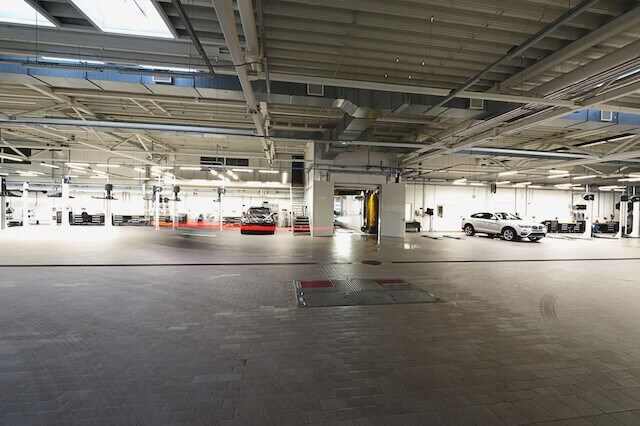It has been a dark couple of years for some of the world’s largest automakers. More and more news of highly reckless and even intentional wrongdoing on the part of those automakers has been uncovered. In 2014, we got the news that GM had for ten years allowed defective ignition switches to be installed on its cars, causing at least 124 deaths. And then last year, the bombshell came out that Volkswagen had intentionally manufactured cars to cheat on emissions tests while emitting 40 times the legal amount of pollutants.
This past week has brought yet another shocking revelation, this time from Japan. Mitsubishi announced this past week that it had been improperly testing some of its cars for fuel economy and emissions rates for over two decades and submitting the results of these false tests to the Japanese government over that entire time. Mitsubishi, which is Japan’s sixth-largest automaker, said it had put together an outside special committee of former high-level Japanese prosecutors to investigate the company’s wrongdoing over that period and create a report detailing how it was allowed to occur. Cars sold by both Mitsubishi and Nissan are affected by the improper testing.
Mitsubishi Admits Deceiving Customers
In its press release announcing the initial findings last week, Mitsubishi said that its employees had committed the following misdeeds with respect to at least four car models:
- “conducted testing improperly to present better fuel consumption rates than the actual rates” and
- used a “testing method…different from the one required by Japanese law”
The affected cars were the eK Wagon and eK Space, sold by Mitsubishi, as well as the Dayz and Dayz Rook, manufactured by Mitsubishi and sold by Nissan. The investigation into Mitsubishi’s faulty testing, which is ongoing, could potentially determine that other models of cars have been subject to faulty fuel economy and emissions rate testing.
Both Mitsubishi and Nissan Customers May Be Able to Pursue Damages
What this means, of course, is that Mitsubishi and Nissan sold cars to customers who believed that the cars had a certain level of fuel economy, when in fact the cars had a lower fuel economy rating. Furthermore, the Japanese automaker appears to have covered up the improper and illegal testing to induce customers to purchase the cars. This, of course, would appear to be consumer fraud perpetrated on Mitsubishi’s and Nissan’s customers (whether owners or lessees), and thus grounds for customer claims against the companies.
The full extent of the injuries suffered by owners and lessees of Mitsubishi and Nissan vehicles will become more apparent in the coming weeks, months, and years. In just the past week, Mitsubishi has revised its statements to say that it had been improperly testing its vehicles’ emissions since 1991, after initially saying it had only been doing so since 2002. Thus, the extent and severity of the company’s reported deviations may continue to expand. This admission alone would seem appear to indicate that Mitsubishi used improper and illegal testing on more of its vehicles than just the eK Wagon and eK Space.
Mccune Wright Arevalo Will Continue to Investigate Mitsubishi’s Misdeeds
The complex litigation attorneys at McCune Wright Arevalo have experience in investigating consumer fraud and defective product matter issues in the automotive industry, and have been leading the fight against Toyota over the unintended acceleration defects in its cars since 2009. Our attorneys will be keeping a close eye on the Mitsubishi/Nissan issues, and exploring strategies to obtain justice for the many consumers affected by the improper testing.
If you own a Mitsubishi or Nissan vehicle, please contact McCune Wright Arevalo, LLP today to find out your
